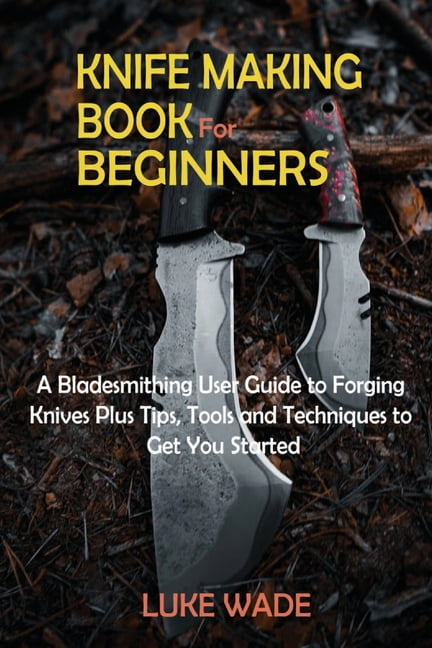

It used to be the case that you moved on from children's fiction to adult fiction, from The Owl Service, maybe, to Catcher in the Rye. There's been a lot of fury among authors recently about the proposal to "age-band" children's books, but in a way they're too late. If I have one quibble, it is that I think it should be sitting proudly on the shelf next to these books, rather than being hidden away in the "young adult" ghetto. The rural setting, the presence of the river and the pursuit will make you think of The Adventures of Huckleberry Finn or Night of the Hunter What else does this book remind me of? Well, the sexual politics and hysterical fundamentalist religion are bound to recall The Handmaid's Tale. It reminded me in some ways of the Bourne films, where the hero has to work in tiny moments - blinks in the eternal eye of the omnipresent CCTV. Having a runaway hero whose pursuers can not only see and track him, but can hear his thoughts too, makes for a tense read. The book - which is the first part of a trilogy - is mostly the story of their flight. There are no girls in Prentisstown, and finding her means that Todd has to escape. When Todd finds a pool of silence moving through the marshes at the edge of Prentisstown, it's not just a good plot point, it's also a stab of unexpected beauty. The Noise made me more sharply aware of the static of MP3s, mobile phones, announcements, adverts, surveillance and traffic that interferes when we try to tune into our own thoughts, of the way our minds have been colonised by the market. It's a brilliant invention and, like a lot of brilliant inventions - Pullman's daemons, Philip Reeve's traction cities - it's an illuminating transformation of something very familiar. The resulting ongoing background jabber is called The Noise. As the result of a virus, all the men in Prentisstown can hear each others' thoughts all the time. It's not only his dog's thoughts that the hero, Todd Hewitt, can hear. I will say this, though: it lives up to the thrill of that first sentence. It's so cunningly written that I was 100 pages in before I even realised what genre it was. It's hard to review The Knife of Never Letting Go without spoiling the story. The trouble is, you'd only have to read the first sentence to see how fantastic it promises to be: "The first thing you find out when your dog learns to talk is that dogs don't got nothing much to say."

If I had any sense, I would try to improve my chances of winning by slagging it off. This book is on the longlist for the 2008 Guardian children's fiction prize, along with my own.


 0 kommentar(er)
0 kommentar(er)
